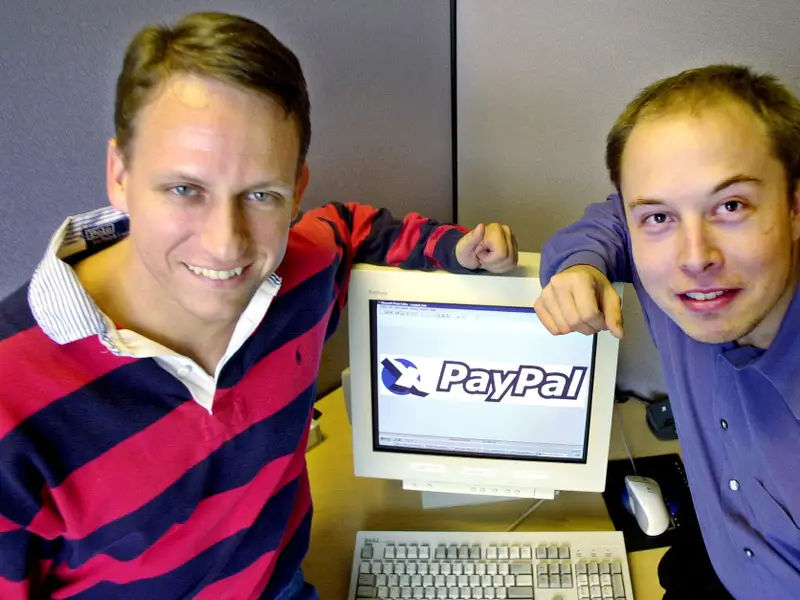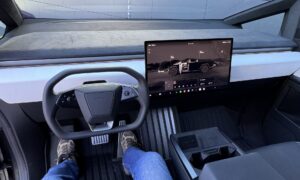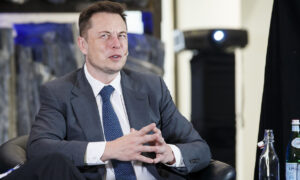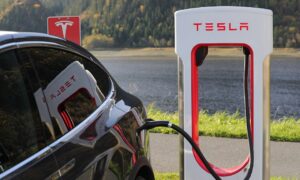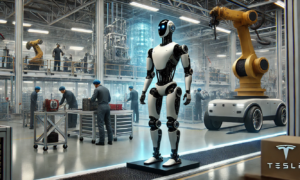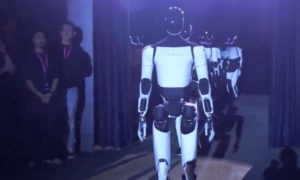Elon Musk has dismissed recent claims suggesting that he worked illegally during the early days of his career in the U.S., countering reports that appeared over the weekend. The reports, which were seen as contradicting Musk’s outspoken stance on illegal immigration, were widely circulated.
The Washington Post, owned by Jeff Bezos, alleged that Musk lacked proper legal work authorization when he launched his first company, Zip2, which was later sold for $307 million in 1999. Musk had arrived in the U.S. in 1995 to attend a graduate program at Stanford University, but after quickly dropping out, he co-founded Zip2 with his brother, Kimbal. The Post suggested that, by leaving the university, Musk was without a legal basis to stay and work in the country, raising questions about his immigration status at the time.
However, Musk has firmly denied these allegations. In a post on X (formerly Twitter), he clarified that he was in the U.S. on a J-1 visa, which transitioned to an H-1B visa, a standard work visa for skilled professionals. “I was on a J-1 visa that transitioned to an H1-B,” Musk wrote early Sunday. “They know this, as they have all my records. Losing the election is making them desperate,” he added, referring to the Post’s owner, Bezos, and potential political motivations.
The report also quoted several former Zip2 investors and associates who expressed concern about Musk’s immigration status at the time, fearing it could jeopardize the company’s future, especially as they were preparing for a potential IPO. Derek Proudian, a Zip2 board member and later CEO, stated, “We don’t want our founder being deported… we want to take care of this long before there’s anything that could screw up.”
Despite these concerns from former colleagues, Musk has never publicly admitted to working without proper legal status. The Post article also cited emails exchanged between Musk and early Tesla executives, in which he allegedly referenced his uncertain immigration situation. However, Musk pointed to Zip2 as a possible solution, indicating that if his visa transitioned properly, it could corroborate his denial of the claims.
In one email obtained by the Post, Musk admitted, “Actually, I didn’t really care much for the degree, but I had no money for a lab and no legal right to stay in the country, so that seemed like a good way to solve both issues.” This aligns with his public statements that, while initially in the U.S. for educational purposes, he did transition to legal work status.
Musk’s immigration status during the Zip2 years has resurfaced amidst his increased focus on political topics, particularly immigration. After endorsing Donald Trump and launching the America PAC in support of the former president’s 2024 campaign, Musk has frequently posted about illegal immigration. His political commentary has drawn sharp criticism, especially as questions about his own immigration history arise.
The Post’s claims and Musk’s rebuttals continue to fuel public debate, especially in light of his high-profile business ventures and political involvement. As more information surfaces, Musk’s early years in the U.S. will remain a point of scrutiny, even as he continues to assert his legal standing during the launch of Zip2.

